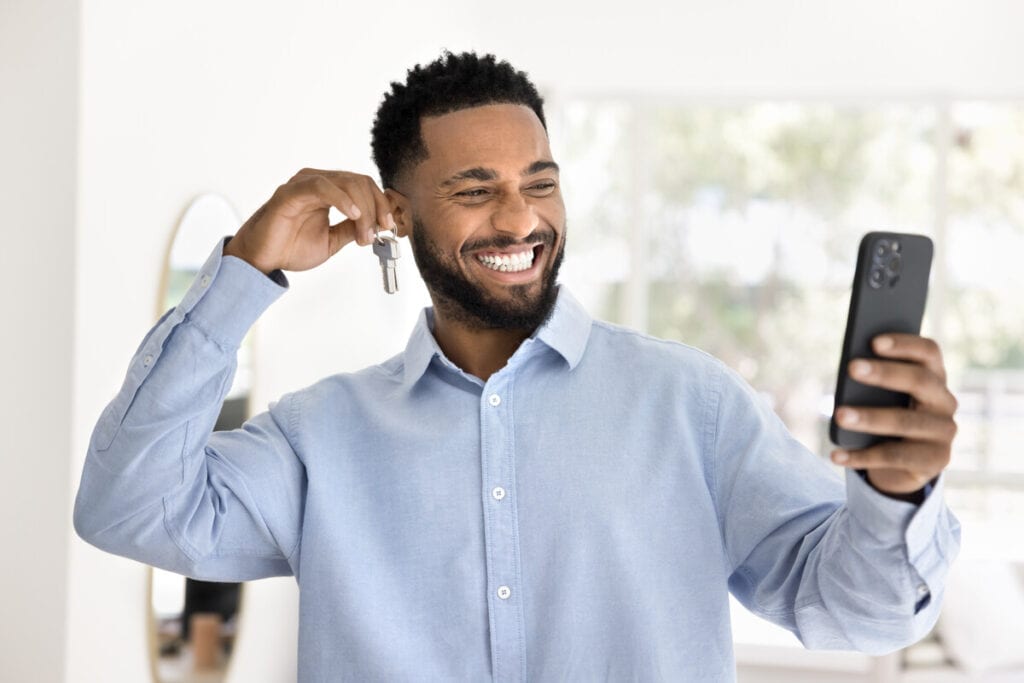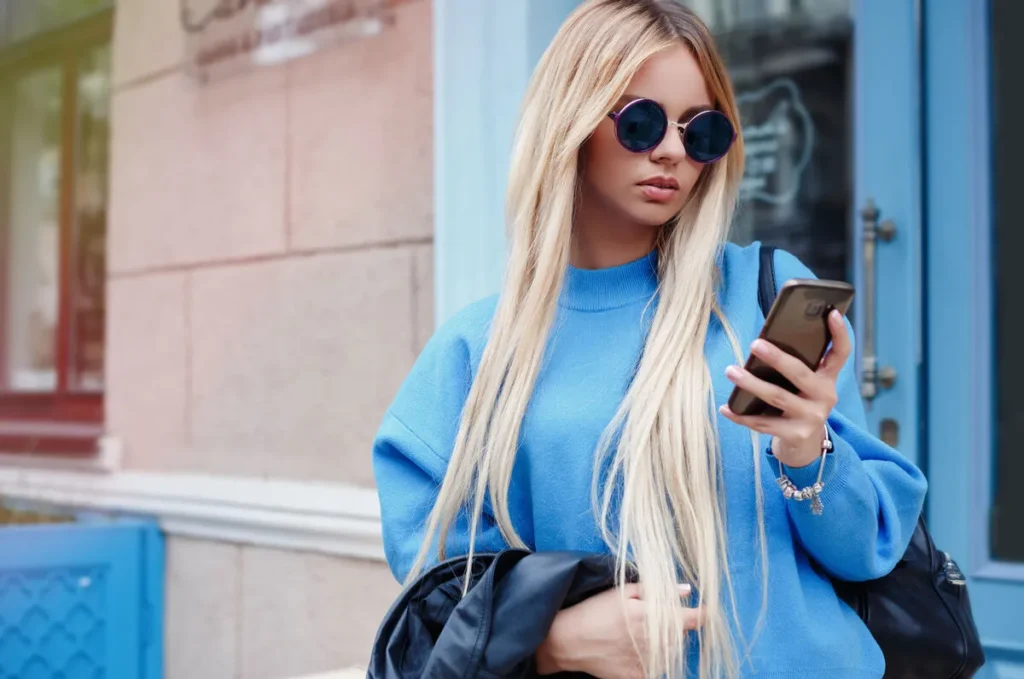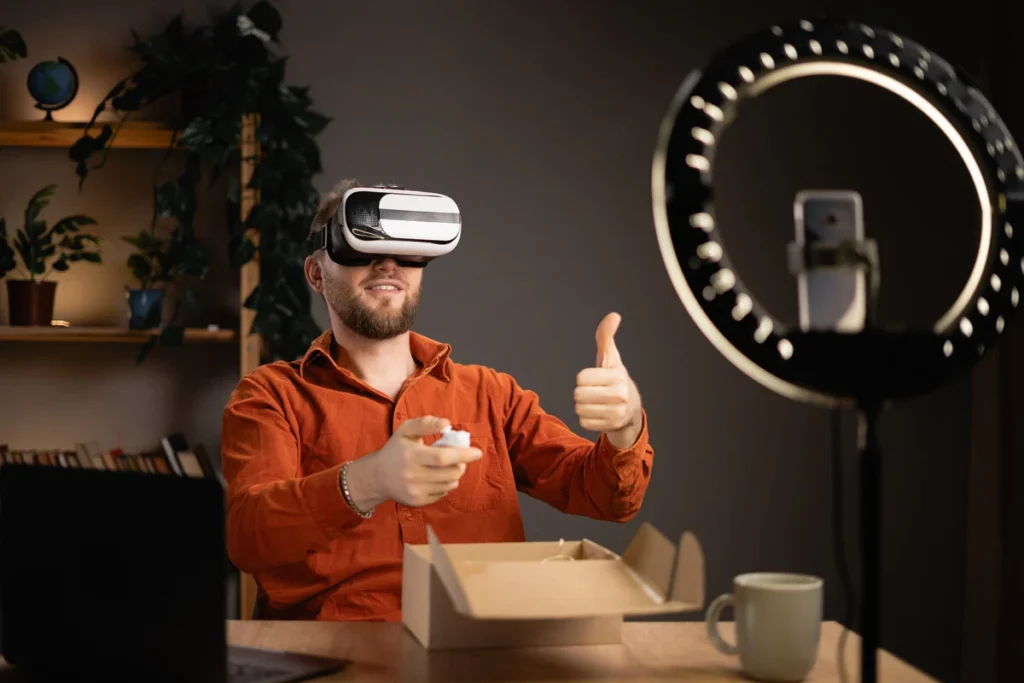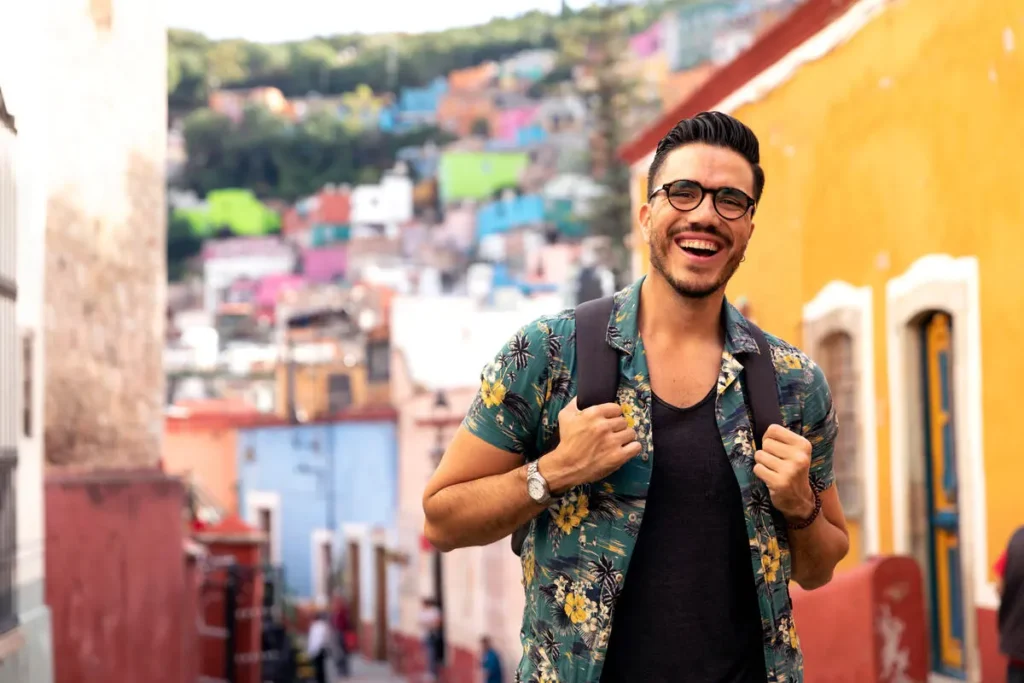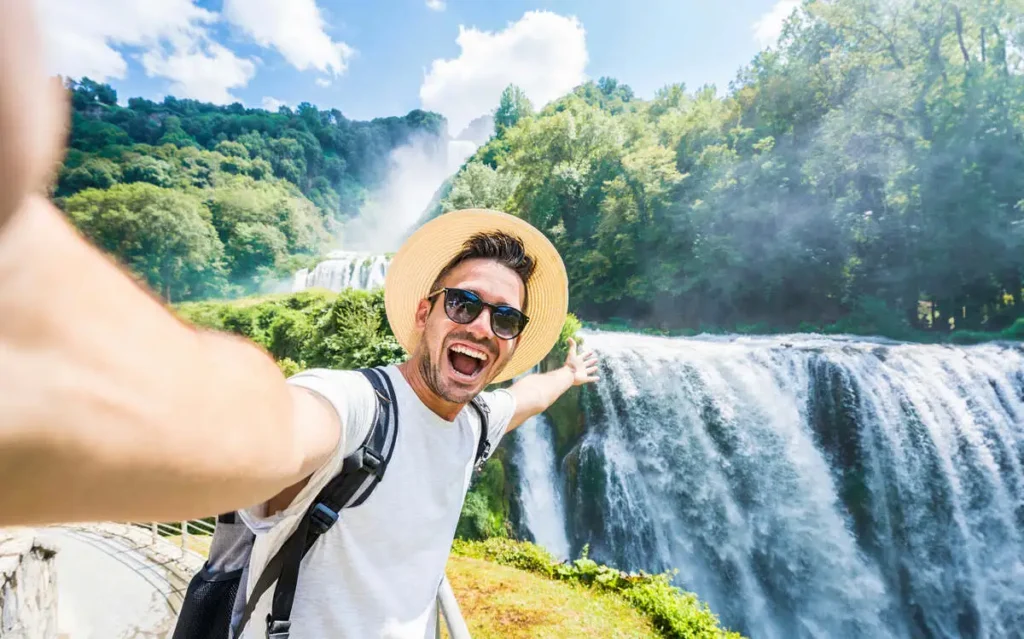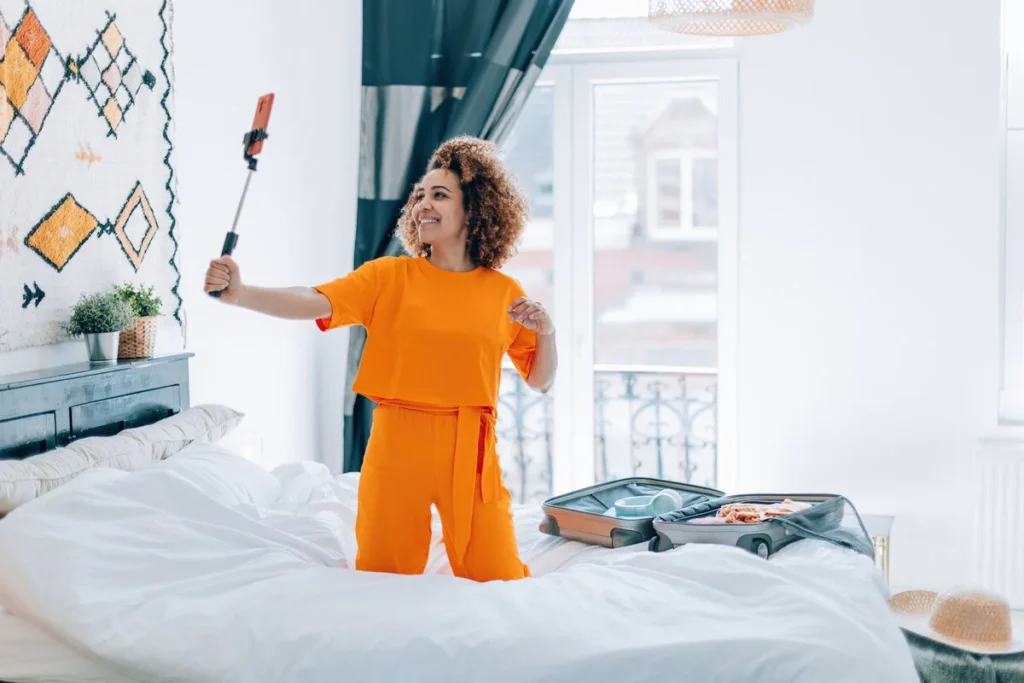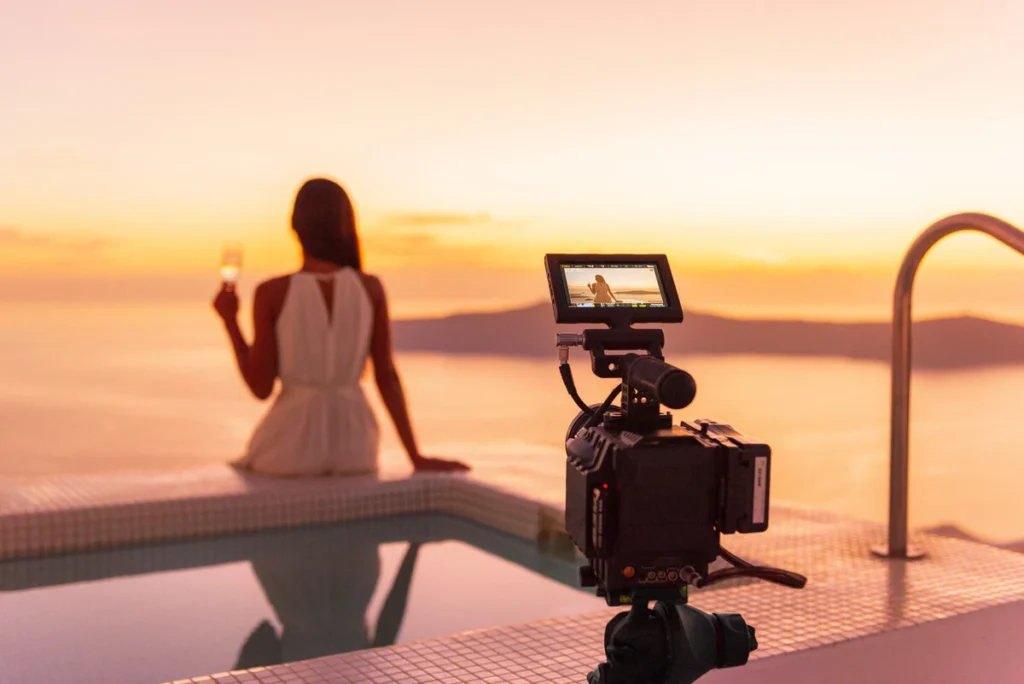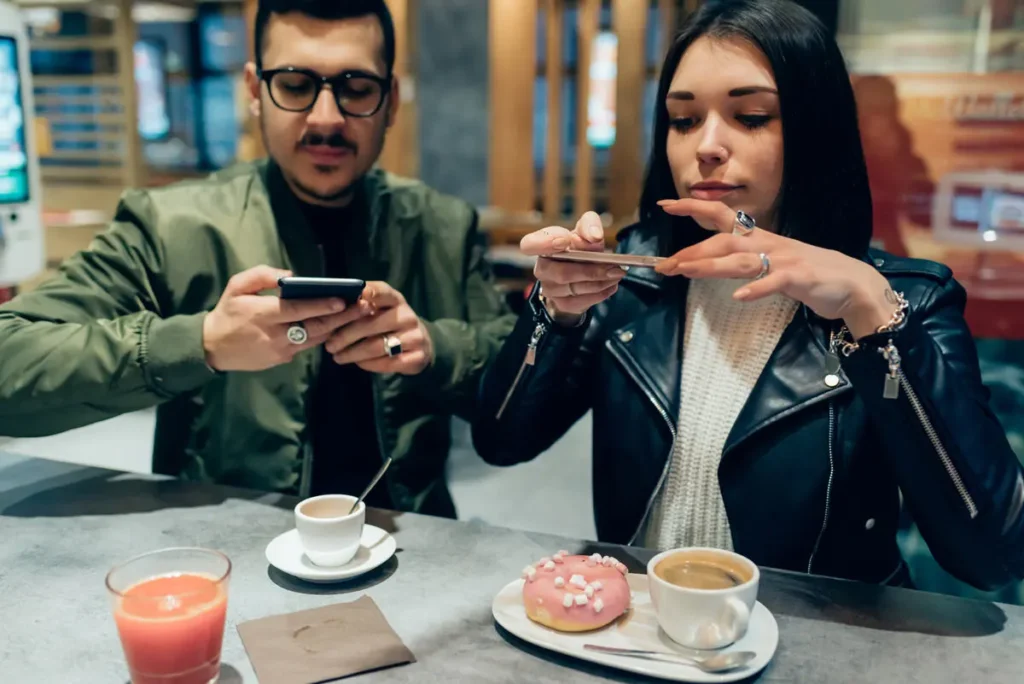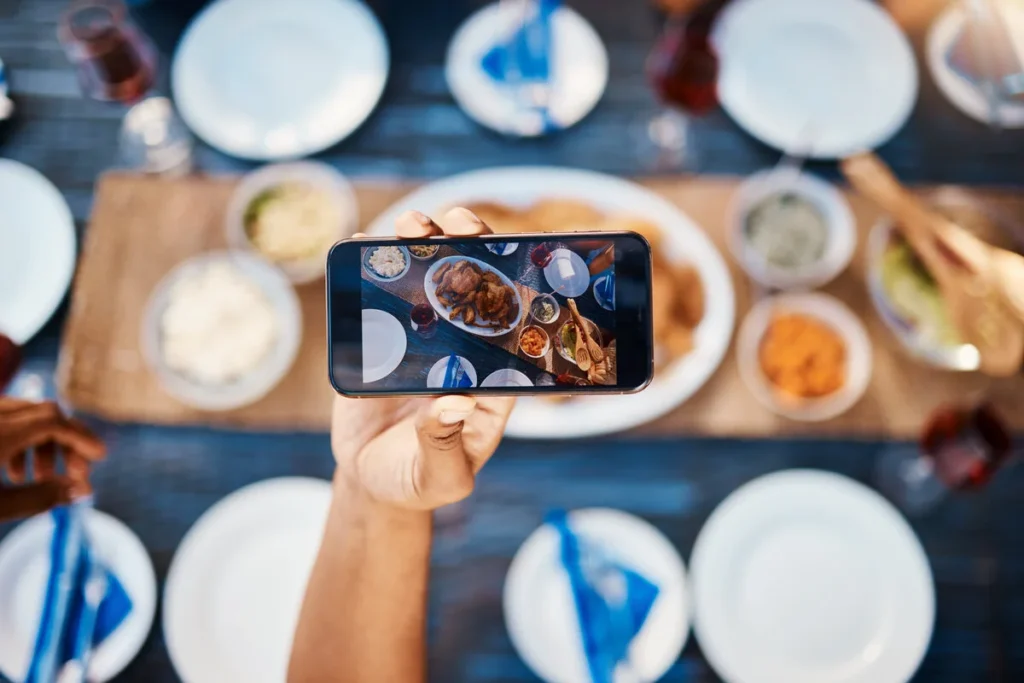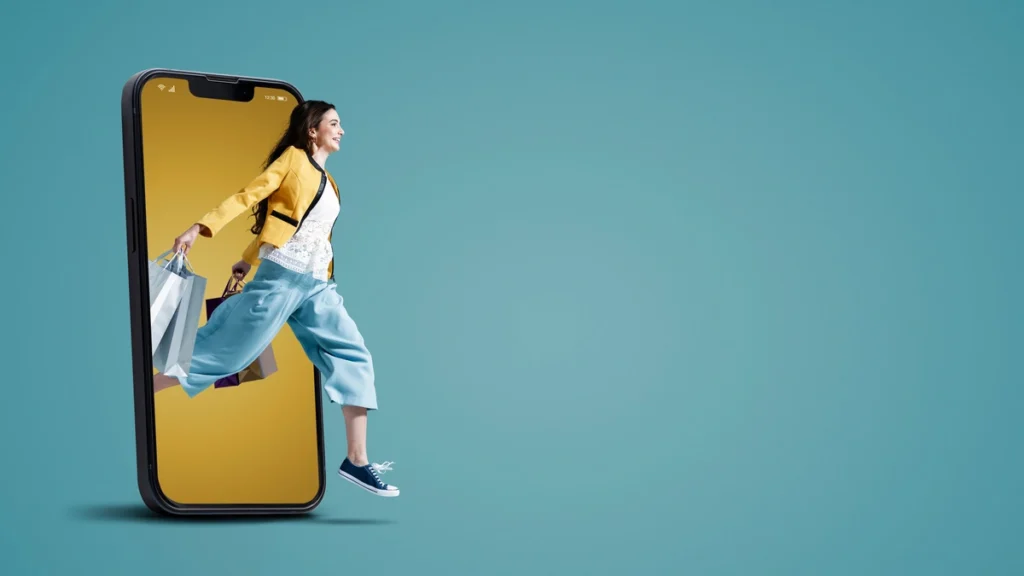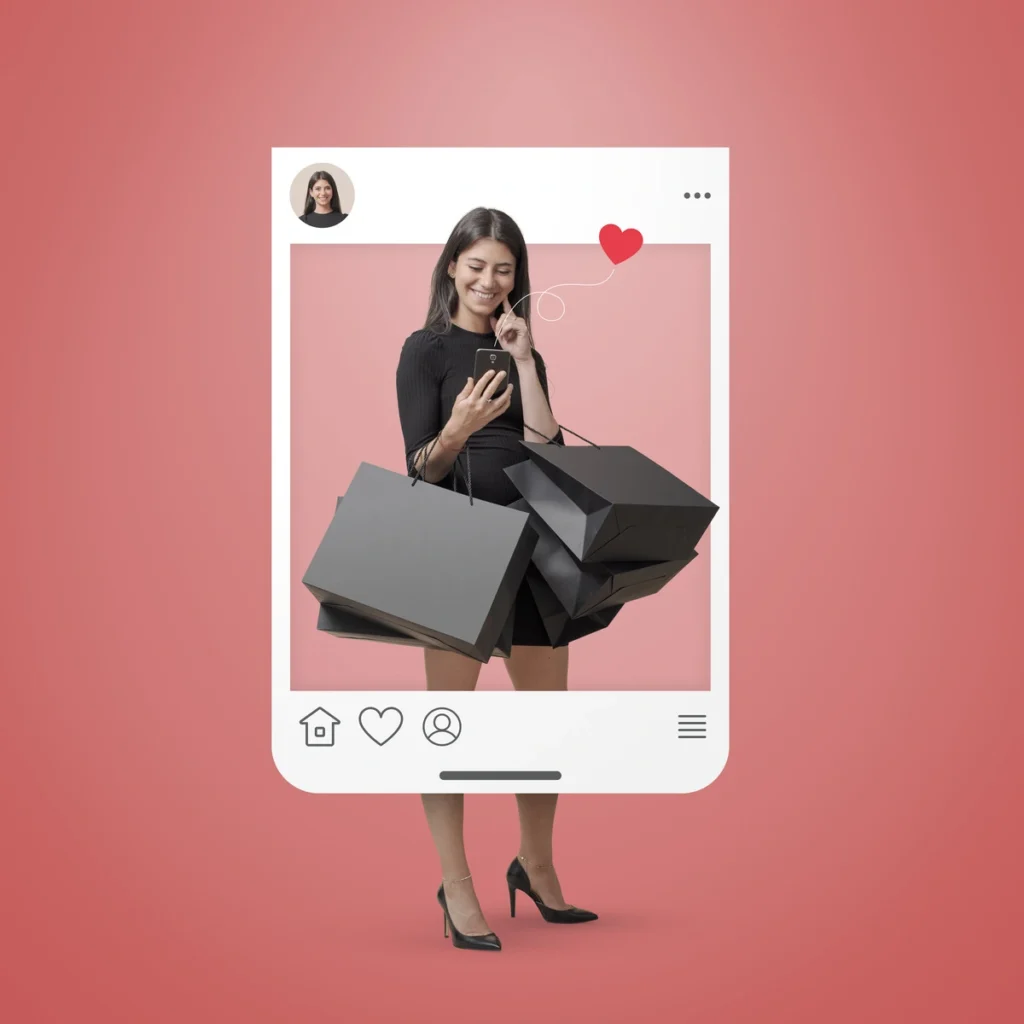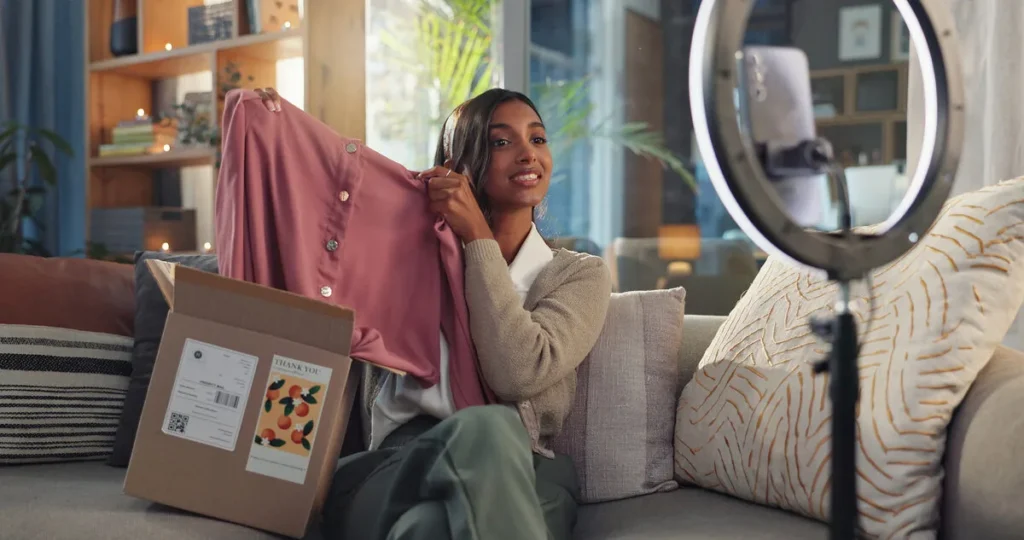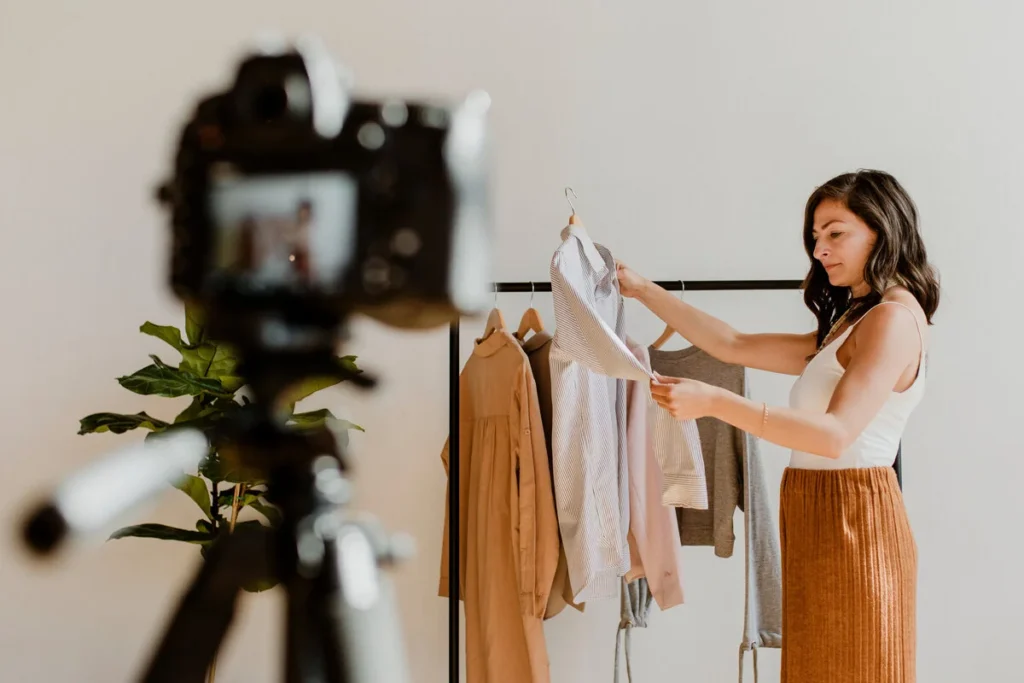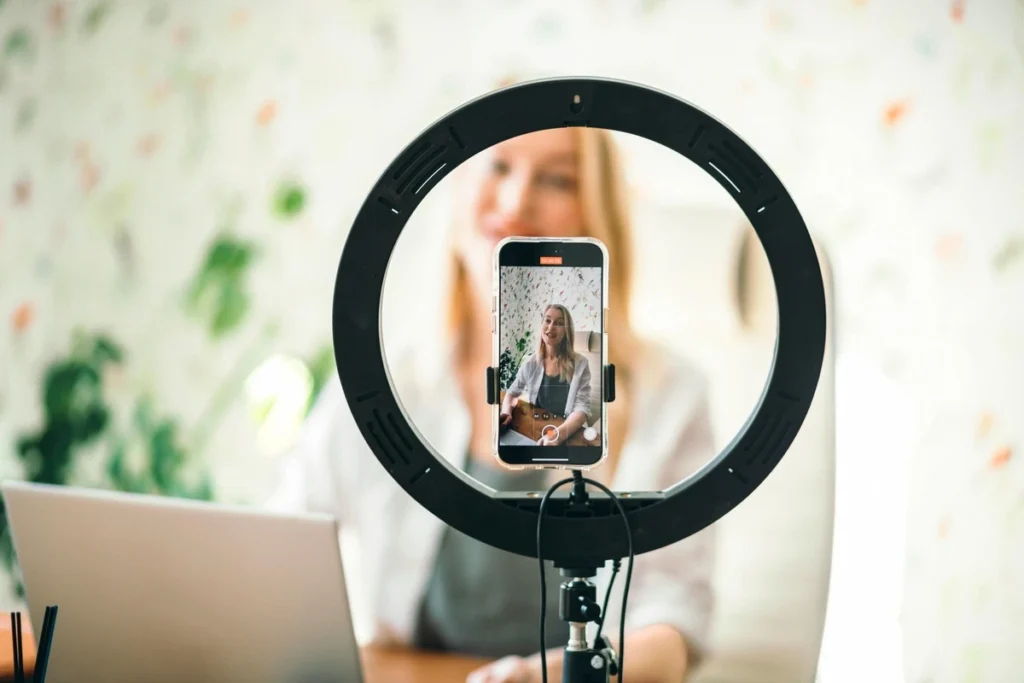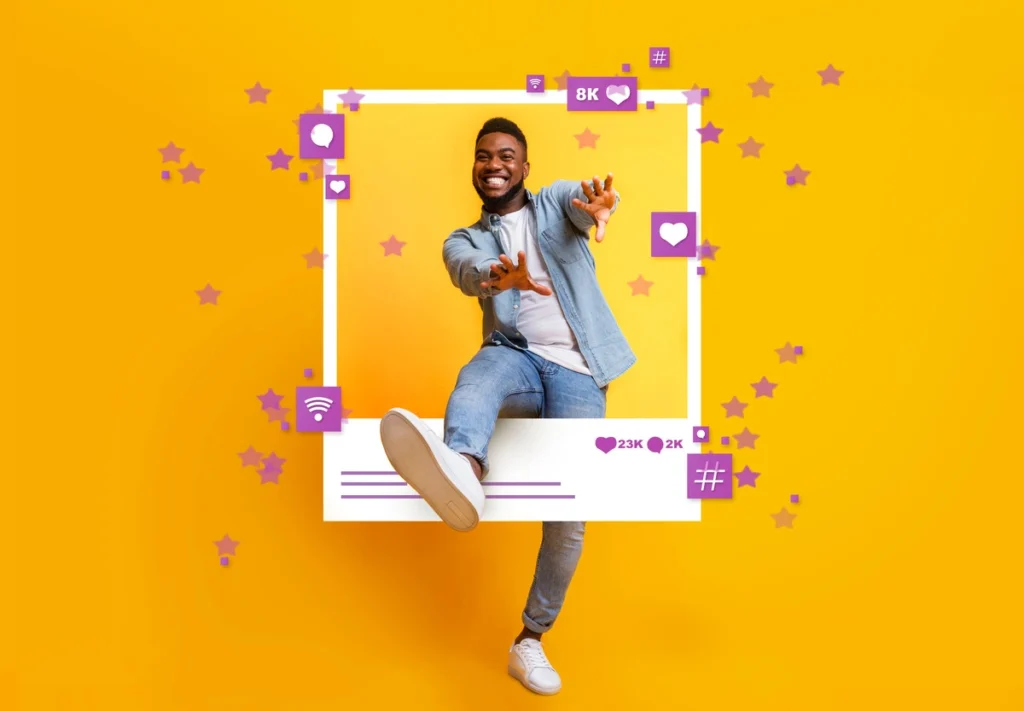The Lion's Den
Top Fashion Brands That Use Influencer Marketing
25 Influencer Marketing

What Top Brand Categories Use Influencer Marketing?
In today’s digital landscape, influencer marketing has become a pivotal strategy adopted by various brand categories to reach their target audiences in a relatable and effective manner. Among these, the fashion, beauty, and lifestyle sectors stand out as the most dynamic and prolific in employing influencers to bolster their brand image and market reach. Beauty brands, in particular, leverage influencer marketing to build authentic connections and promote product quality effectively.
Fashion brands are at the forefront of this movement. By collaborating with influencers, they can tap into their followers’ networks, enhancing brand presence and credibility simultaneously. Influencers often become the voice and face of these brands, showcasing apparel in everyday settings and providing style inspiration. Fashion influencers play a crucial role in this process, helping brands like H&M and Zara to effectively market their products and showcase their latest collections. This method naturally integrates the product into lifestyle content, making it more appealing and authentic to the audience.
The beauty industry follows closely, utilizing influencers’ personal touch to demonstrate products, provide tutorials, and share honest reviews. This not only educates consumers but also builds trust and community around the brand.
Moreover, influencer marketing statistics highlight the effectiveness of these strategies, showing that influencer campaigns often achieve higher engagement and conversion rates compared to traditional advertising. As digital natives dominate consumer demographics, trends in influencer collaborations continue to grow. Brands continually innovate their strategies, ensuring engagement and resonance with tech-savvy crowds. Notably, influencer partnerships now extend beyond just photos on Instagram. They encompass a variety of content forms, including Instagram Reels, TikTok videos, and even live streams, delivering more dynamic and interactive brand experiences.
Indeed, for any brand aiming to maintain relevance and drive conversion in the competitive digital market, embracing influencer marketing is no longer just an option—it’s a necessary evolution in their marketing strategy.
What Company Uses Influencer Marketing?
Highlight of Key Fashion Brands in the US Utilizing Fashion Influencers
In today’s highly digital market landscape, leading fashion brands that use influencer marketing in the USA are redefining how they connect with consumers. These brands leverage the authenticity and reach of influencers to tap into new demographic segments and engage with audiences on platforms they trust. They attract fashion lovers through unique marketing strategies that resonate with styles and trends in the fashion industry. Among the prominent players is Levi’s, a brand that has seamlessly integrated influencers into its marketing strategies to stay relevant in the fast-paced fashion industry. Through targeted influencer campaigns, Levi’s boosts its brand recognition and connects with younger audiences who value authenticity and relatability.
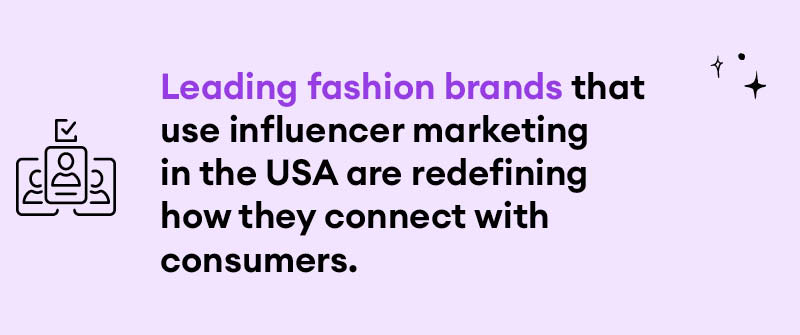
Case Studies of Successful Influencer Collaborations
One compelling example is Chipotle, which has effectively partnered with social media influencers to create relatable and engaging content that resonates with its audience. By incorporating user-generated content into their influencer campaigns, Chipotle enhances authenticity and community engagement. Through collaborations with small and mid-sized influencers, Chipotle maintains a grassroots appeal while reaching broader markets. The brand’s influencer campaigns frequently spotlight everyday moments, thereby creating authentic connections with potential customers.
Examples of Brands Working with Micro-Influencers
Increasingly, brands are shifting focus from mega-influencers to collaborating with small influencers on Instagram. This strategic change leverages smaller influencers’ abilities to engage more intimately with niche communities, particularly those with small but dedicated audiences, thereby driving higher engagement rates. For example, Sephora has launched its #SephoraSquad campaign, selecting micro-influencers with a dedicated following for more personal and impactful endorsements. This approach has shown that the value added by smaller influencers often exceeds that of their larger counterparts due to enhanced audience trust and relatability.
These examples illustrate how partnering with influencers, whether mega or micro, offers brands unique opportunities to personalize their marketing efforts, build stronger communities, and drive real results. As a marketing professional, understanding these dynamics allows you to tailor your strategies to align with current trends and emerging opportunities in the world of fashion influencer marketing.
Which Luxury Brands Use Virtual Influencers?
The digital revolution in marketing has given birth to a new phenomenon: virtual influencers. These AI-generated characters have taken the marketing world by storm with their ability to blend artistic creativity and technological innovation, presenting an alluring, cost-effective option for brands. But which luxury brands have embraced this cutting-edge trend?
Introduction to Virtual Influencers
Virtual influencers are computer-generated characters designed to replicate human behavior and aesthetics in the digital space. They operate on social media platforms much like human influencers but without the limitations of human desires and schedules. Their rise has provided an innovative alternative to traditional influencer marketing strategies, allowing brands to tailor interactive and engaging content with pinpoint precision.
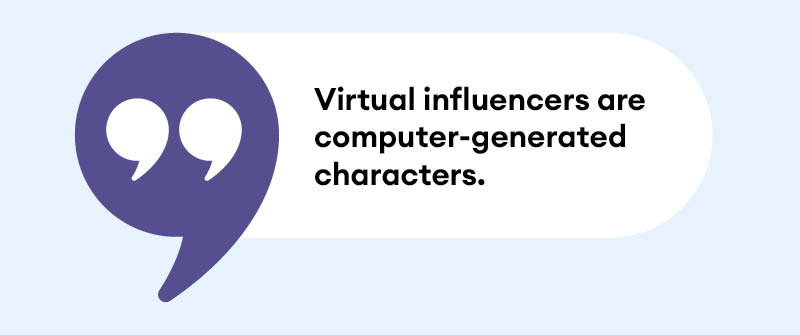
Luxury Brands Leveraging Virtual Influencers
Several notable luxury brands have successfully integrated virtual influencers into their marketing strategies. One prominent example is Prada, a pioneering brand known for blending tradition with innovation. Prada utilized Lil Miquela, a leading virtual influencer, to showcase its new collection. Her involvement gave the campaign a modern edge and widespread appeal across digital audiences.
Similarly, Balmain, another iconic luxury brand, has also delved into the realm of virtual influencers. Collaborating with Shudu, the world’s first digital supermodel, Balmain redefined modern marketing with interactive storytelling, enhancing its brand prestige and customer engagement in a fresh and exciting way.
The Impact and Engagement of Virtual Influencers
The utilization of virtual influencers by luxury brands like Prada and Balmain is not just a trend but a strategic move that naturally generates buzz and attracts a tech-savvy audience. These campaigns often enjoy enhanced engagement due to their novel and visually captivating nature. With the ability to engage audiences without geographical constraints, virtual influencers allow brands to cultivate far-reaching connections and narratives that enhance brand image and consumer loyalty. As the digital marketing landscape continues to evolve, virtual influencers stand poised as one of the most exciting frontiers for brands aiming to lead the future of interactive marketing.
How Zara Uses Influencer Marketing?
In the ever-challenging world of fashion marketing, staying ahead demands innovation, creativity, and adaptability. Zara, a leader in the fast-fashion industry, has expertly leveraged the power of influencer marketing to maintain its competitive edge and deepen its connection with fashion lovers and the broader consumer base.
Zara collaborates with fashion influencers to showcase their latest collections, effectively marketing their products and driving sales.
Zara’s Unique Approach to Influencer Collaborations
While many brands partner with high-profile influencers, Zara takes a different route by engaging with a diverse mix of influencers, including those with niche or micro-influence levels. This strategy reflects Zara’s understanding that authentic engagement, rather than just reaching expansive audiences, can drive more effective consumer connections and authenticity in brand messaging.
Integration of Influencers in Marketing Campaigns
Zara integrates influencers organically into its marketing campaigns, making it look less like a commercial effort and more like a natural fit. This approach includes influencers showcasing Zara’s latest collections in their everyday life, thereby providing a genuine endorsement that resonates well with their followers. The content created is often stylish, aesthetically pleasing, and aligned with Zara’s brand image, which appeals to the brand’s target audience.
Impact on Brand Visibility and Consumer Engagement
This influencer marketing strategy has significantly boosted Zara’s visibility and consumer engagement. It paints Zara not only as a brand that offers fashion-forward products but also as a brand that is attuned to real consumer lifestyles and aspirations. Followers of these influencers see Zara’s clothing worn in relatable and personal contexts, which influences their purchasing decisions positively.
Imagine revolutionizing your brand’s marketing approach as Zara does by leveraging authentic influencer partnerships. With Lionize, you can effortlessly source, manage, and compensate influencers, ensuring that you connect with creators who truly resonate with your brand ethos. Start with Lionize for free today and discover how easy influencer collaboration can be with the right tools.

